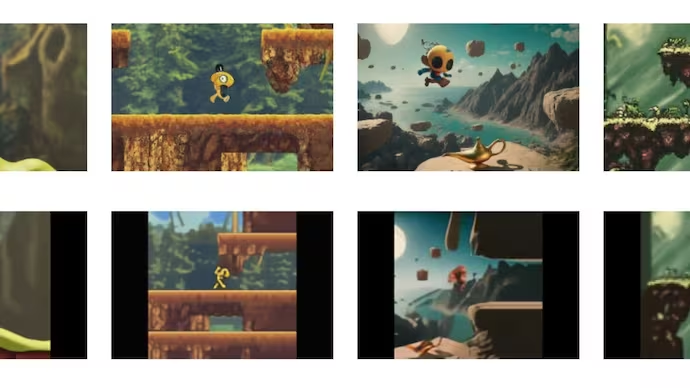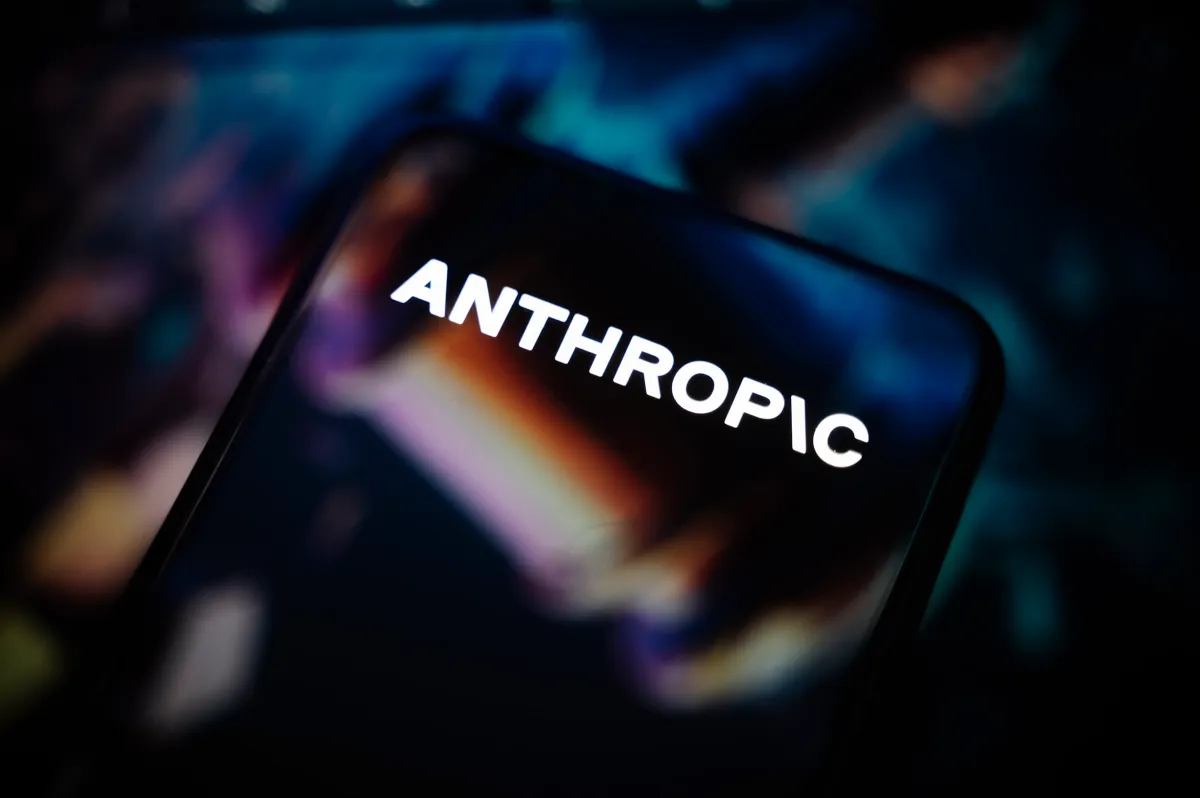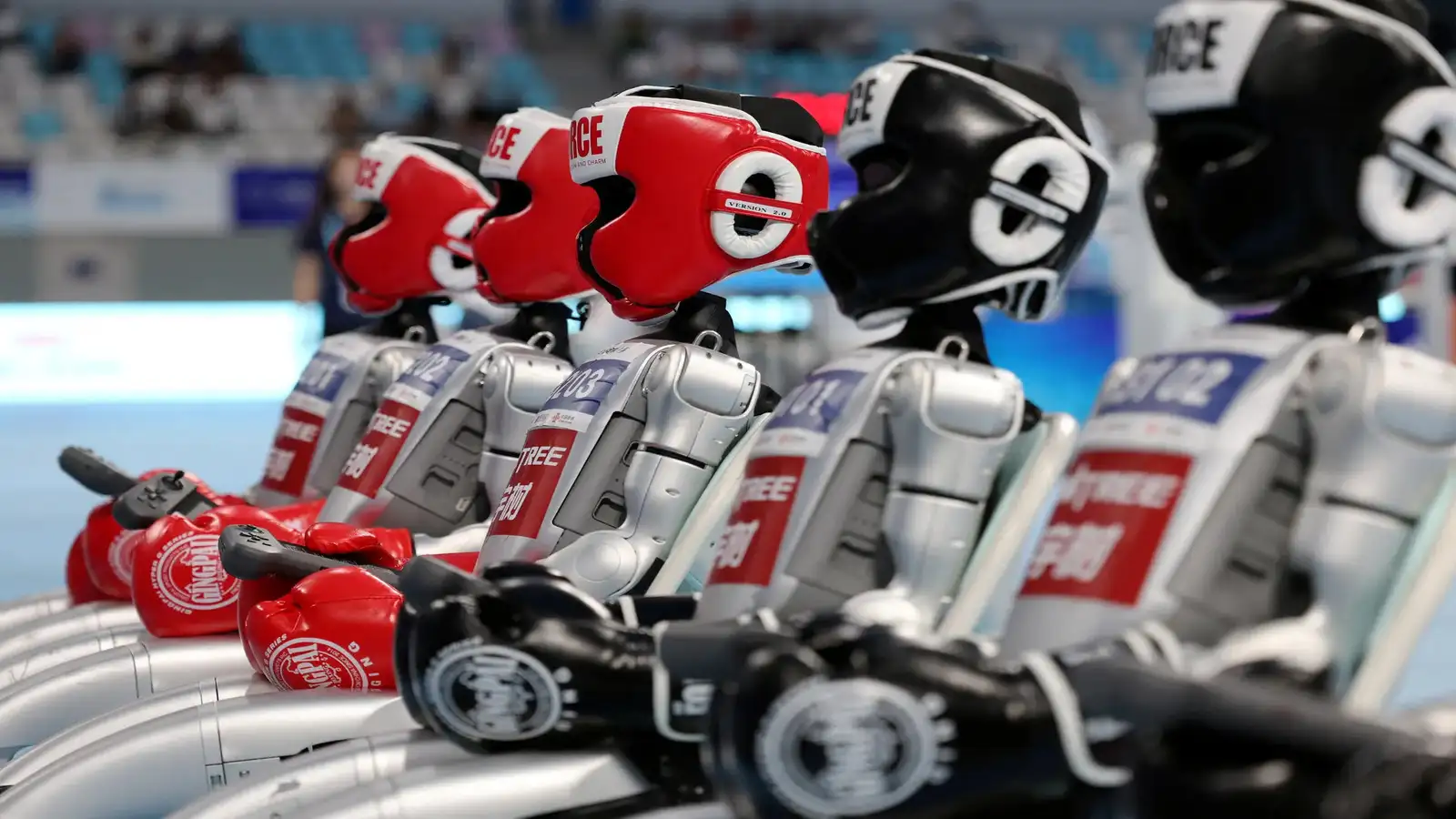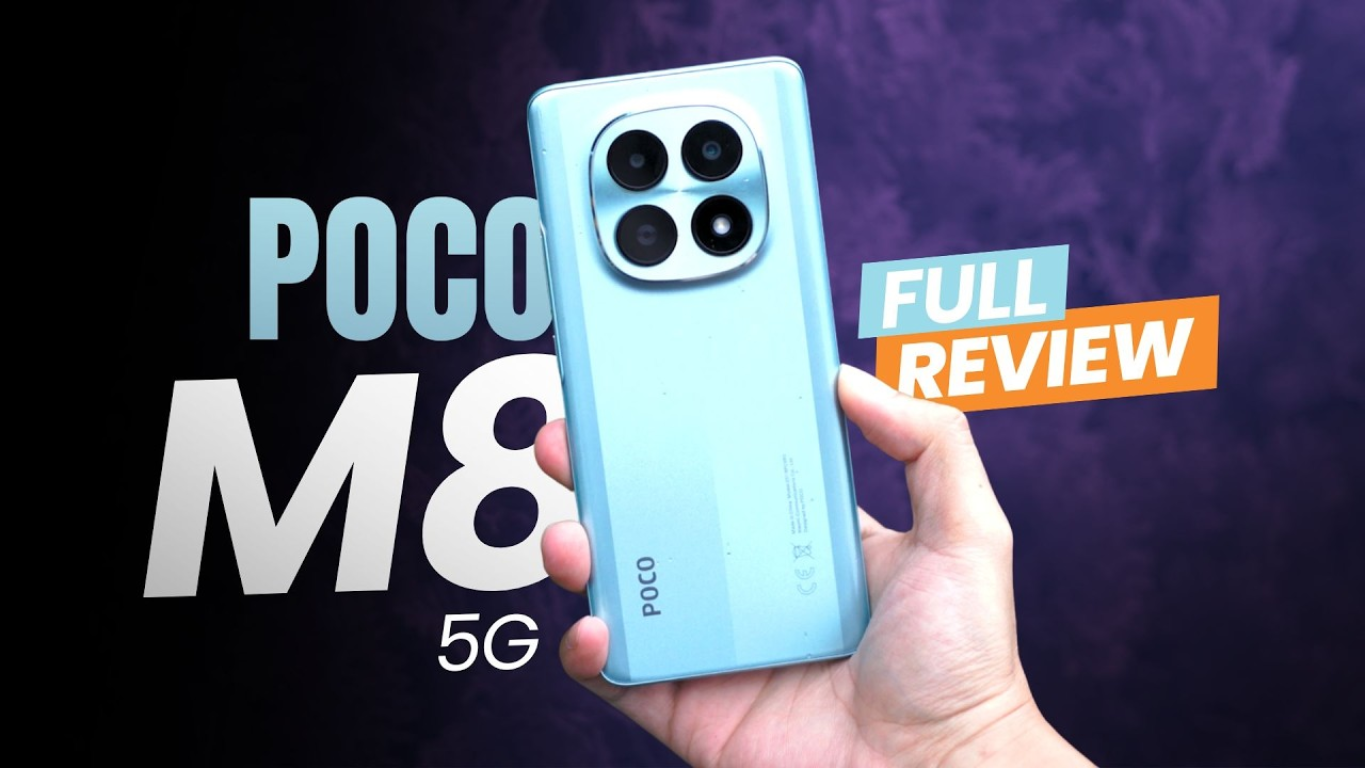Technology
Google introduces Genie, an AI platform which can help you generate video games


By - 27 Feb 2024 09:45 PM
|
Artificial intelligence (AI) is blurring the boundaries between imagination and reality. From ChatGPT to Mid-Journey, we have already been introduced to how we can create anything by stimulating our minds. Recently, OpenAI introduced Sora, which offers a text-video AI generator. So, what's next? Well, now Google's DeepMind team has unveiled "Genie" - a new model capable of creating interactive 2D video games from a single image prompt or text description.In simple terms, Google Genie is an AI platform that generates interactive video games. Developed by Google DeepMind's Open-Endedness Team, this groundbreaking research project holds immense potential for the future of entertainment, game development, and even robotics. Google explains that Genie is a "world model" trained on a massive dataset of 200,000 hours of unlabelled video footage primarily from 2D platformer games.
Unlike traditional AI models that require explicit instructions and labelled data, Genie learns by observing the actions and interactions within these videos, allowing it to generate video games from a single prompt or image. In the second step, after finely chopping the tokenized video data, the Latent Action Model takes center stage. It acts like a seasoned culinary expert, meticulously analysing transitions between consecutive frames in the videos. This analysis enables it to identify eight fundamental actions-the essential "spices" in the Genie's recipe. These actions can range from jumping and running to interacting with objects within the game environment.Finally, comes the process of Dynamics Model-the creative cook who brings everything together. Similar to a chef predicting how flavours will interact based on chosen ingredients, this model predicts the next frame in the video sequence. It takes into account the current state of the game world, including the player's actions (the chosen "spice"), and generates the subsequent visual result accordingly. This continuous prediction process ultimately creates the illusion of an interactive and engaging game experience. |
























